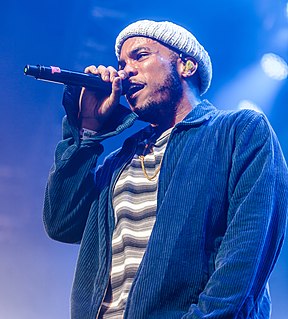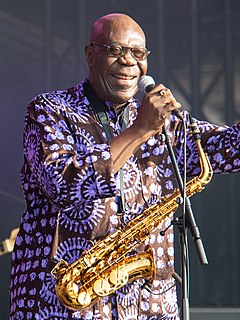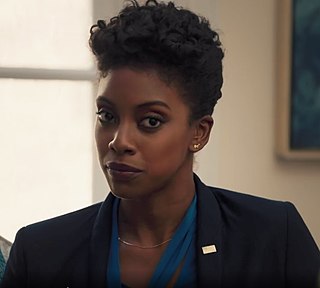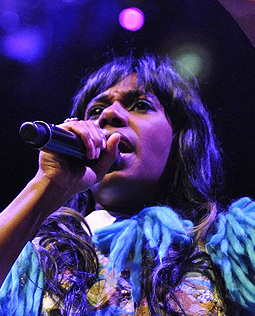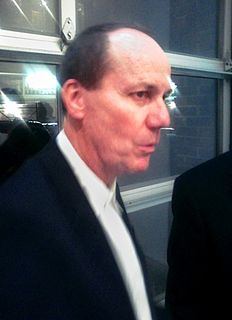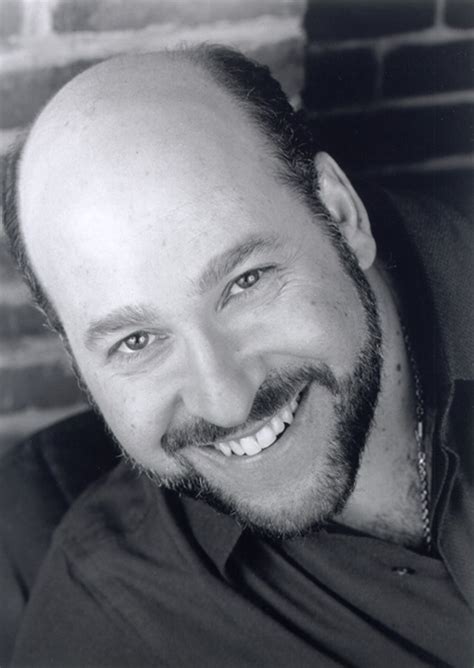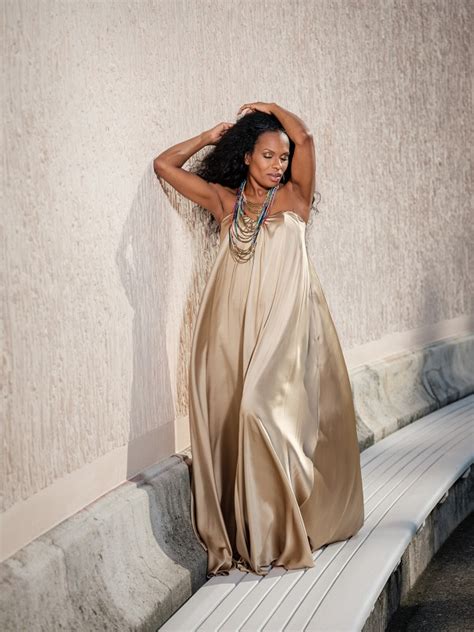A Quote by Anderson Paak
My story as an artist has been about trial and error. It's been about artist development, character building, struggle, happiness and failure, family, and music.
Related Quotes
Well you can see that I'm still in motion. It happens that you share the music with the audience. That is the best happiness an artist can have. I'm not alone on stage but with a group of musicians. So the more the music is successful, the more the audience feel happy about the music. It's the responsiblity of an artist to make his fans happy. That is proposition. I'm always talking about proposition.
Why was the painting made? What ideas of the artist can we sense? Can the personality and sensitivity of the artist be felt when studying the work? What is the artist telling us about his or her feelings about the subject? What response do I get from the message of the artist? Do I know the artist better because of the painting?
There questions of wanting to be an artist, and what does that mean, what makes you an artist? Are you an artist if you're in a gallery in New York and not an artist if you're doing it at home? Do you need legitimation to count? If you've been acculturated to believe that you have certain obligations - familial, social, human - if multitasking has been your forte and that's what's been praised and rewarded, where do you find the single-mindedness, the selfishness to do something like art? I think those are questions that arise differently for women and for men.
I'm a product of state schools. I had a working-class family. We had no books. I was the first to go to college. But I didn't really think about it, or about making money. I was just going to be an artist, and I've been fortunate. I've never had to work for anybody nor have I had to write for money. Maybe that's another reason that I've been able to be productive. I haven't had to use my writing to make a living.
